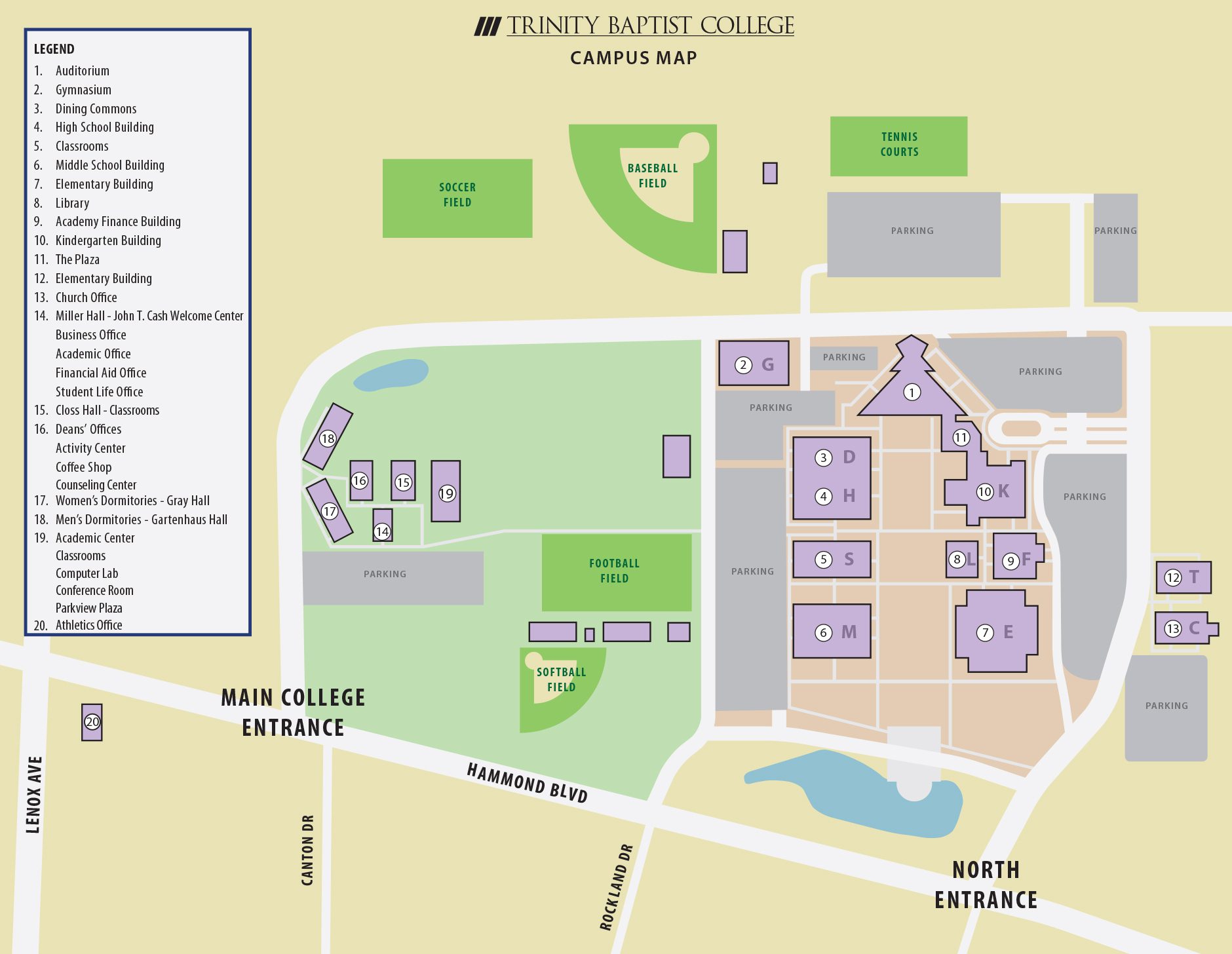How to Be an Effective Leader

Over the past two weeks we have been conducting training for the Resident Assistants (RAs) and other Student Leaders. I am so thankful that these students are committed to their own leadership development and have made the sacrifice to return to campus early in order to prepare for the new college year.
One of the leadership lessons that we have been reviewing is the “three pillars of leadership”. I was first introduced to this material by our college president, Mac Heavener. He taught this principle to me using the analogy of a three-legged stool. Every individual leg on that stool is extremely important, and if one of them is missing, then the stool is not functional.
The three pillars of leadership function the same way as the legs on a stool. You must have all three in place in order for your leadership to be effective. The three pillars of leadership are instruction, example, and relationship.
Instruction– You must verbally communicate expectations. An effective leader cannot just know what should be done or think about what should be done; the leader must communicate clearly the appropriate information at the appropriate time. If a leader fails to instruct or teach, then that leader’s effectiveness will be negatively impacted.
Example– Your leadership can only be as effective as you are at modeling your instruction in your own life. A leader that has all the answers and knows what to say but does not demonstrate a consistent effort to live out their own instruction will not be respected or followed for long. Our ability to lead others begins and ends with our ability to lead ourselves.
Relationship– I have always loved the quote from Dr. Howard Hendricks, “You can impress from a distance but you can only impact up close”. These words are a constant reminder in my own life that no matter how great my instruction is or how well I model that instruction in my own life, I can only truly influence others to the degree to which I have worked to cultivate a personal relationship with them. If our relationships with others are only surface relationships, then our leadership influence will be nothing more than surface as well. To truly maximize your leadership you have to take the time to develop relationships with those you are called to lead.








Leave a Reply